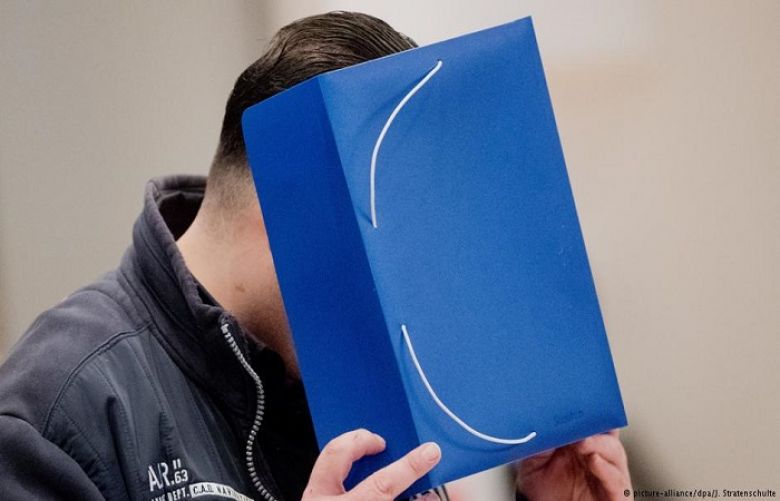Niels Högel is on trial for the suspected murder of 100 patients in two different hospitals. After his complete confession on opening day, he has now apologized to the relatives of his victims.
A German nurse who is accused of having murdered more than 100 patients is being tried again by a court in Oldenburg, in the state of Lower Saxony.
According to investigators, 41-year old Niels Högel intentionally injected patients with doses of medicine liable to cause cardiac arrest, so that he could then attempt to revive them and impress his colleagues.
Högel's killing spree is one of the most serious cases of mass murder in post-war German history.
On Thursday, during a hearing of the trial which began three weeks ago, Högel apologized to the victims' families, and said if there was anything he could do to help them right now, he would.
"I am fully convinced now that I owe every relative an explanation," he told the court. "I am honestly sorry."
He also said at the time of the murders, the killings had not affected him emotionally: "I didn't feel grief in that sense," he said.
Germany's biggest killing spree
The killings allegedly took place in the hospitals of Oldenburg and Delmenhorst, two towns in Lower Saxony, between 2000 and 2005.
The youngest of his victims was 34 years old and the oldest was 96.
Högel was already sentenced to life in prison in 2015 for six other crimes, including the murder of two patients and the attempted murder of two more.
After the sentencing, the police continued to investigate and determined that the number of possible victims was much higher.
Investigators suspect Högel could have killed more than 200 people, but they fear they might never find out because many of the possible victims were cremated.
Police have exhumed 130 bodies of people who died while Högel was on shift.
Investigators discovered traces of substances like potassium, Solatex and Gilurytmal (medicines used to control abnormal heart rhythms) or lidocaine (an anesthetic) in the exhumed bodies.
Investigators have described the case as "unprecedented in Germany" to their knowledge.
Högel's admission of guilt
On the first day of the new trial, Högel stunned the courtroom when he admitted to all 100 suspected murders.
Högel said he had previously not spoken about the murders "out of shame" and because it had taken him a long time to come to terms with how many people he had killed.
While he was working at the two hospitals, Högel had gained a reputation as a jinx because so many patients had to be resuscitated or died under his watch.
The hospital in Oldenberg had tried to get him to leave and wrote him positive letters of recommendation, but despite the suspicious number of deaths, a formal investigation was never opened.
Högel continued to kill even when he moved to the new hospital in Delmenhorst, where he was finally caught in the act in 2005.
The trial is expected to last until May 2019.







